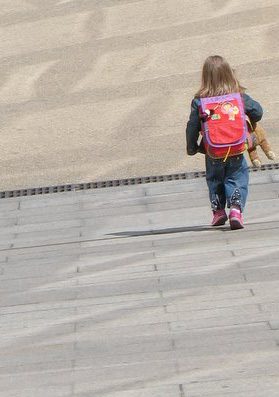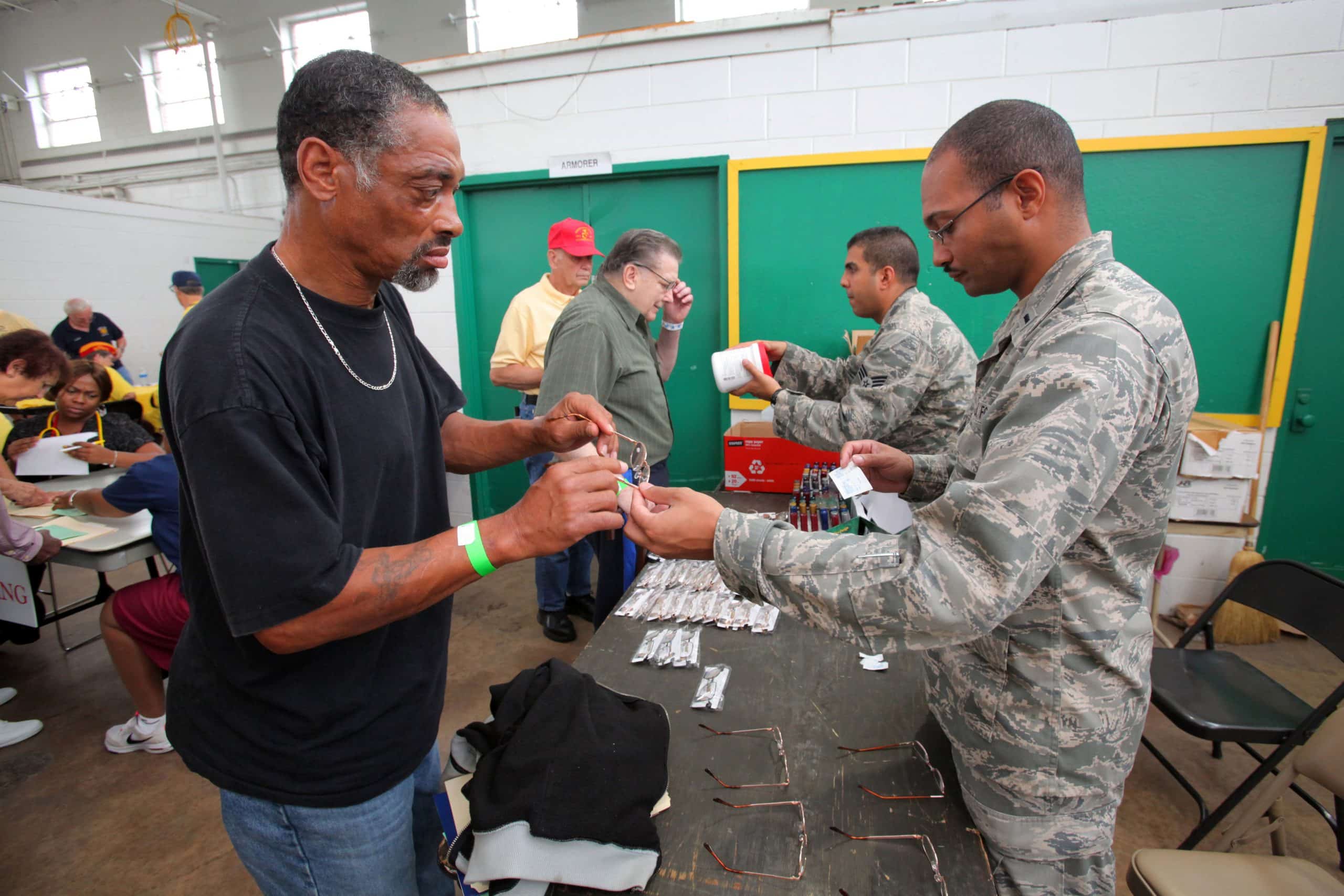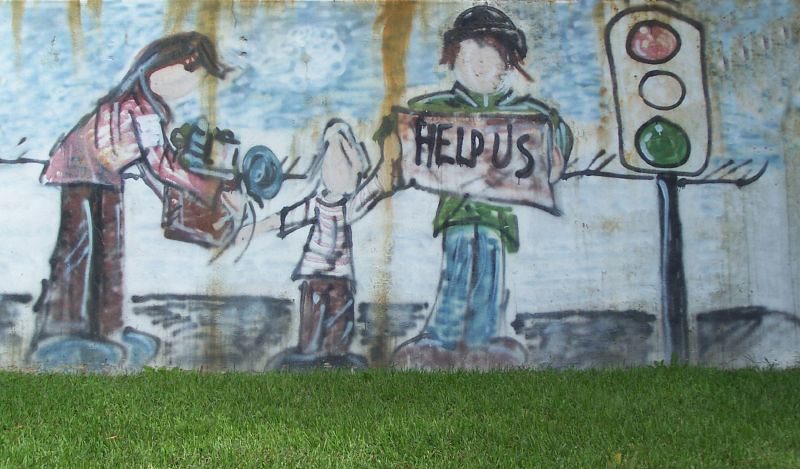
The McKinney-Vento Homeless Assistance Act is the primary federal legislation designed to improve the lives of homeless people. One of the major things it does is declare that homeless children can stay enrolled in the same schools, even without proof of residency, providing some consistency for kids who desperately need it. Until recently, this included children in foster care.
Before McKinney-Vento, it was common for kids in care to move schools multiple times each year as they cycled through placements. After McKinney-Vento, regardless of whether a child moved once or 10 times, they could attend the same school in the same community. The community was required to bus them and could not deny them access to school based on lack of records or administrative issues.
Cutting Off Kids in Need
When McKinney-Vento was reauthorized in 2015, the language “children awaiting foster placement” was removed from the act. This change went into effect in December 2016. Since every school change sets kids back academically, socially, and otherwise, this is a big deal.
Even before we got to the current impending wave of children put into care because of deportations, this change in McKinney-Vento was throwing our state office of foster care into chaos. I have to imagine that it’s the same in the other states previously in compliance with McKinney-Vento.
I am an experienced foster parent with a large family in upstate New York. When we reopened our home recently, we opened for sibling groups of up to two, preferably school aged. Older kids are always much harder to place than younger ones, and we prefer to take kids whose needs are more urgent, but this change represents a real barrier for us.
It has always been a challenge managing the week or two before busing was arranged for my kids to continue in their schools. Now, the onus of transportation falls permanently on us, driving kids back and forth to school twice a day, or the kids will have to give up yet one more stable thing and change schools. And if they then return home or go to live with relatives, they will have to change yet again. I know of two foster families who were planning on opening their homes to older children who will now have to (for logistical reasons) stick to kids under 4 years old. That is two fewer foster homes in an area that is desperately short to begin with.
School Matters
As complicated as it is for us, it is the children who will suffer. There’s an exercise we do in foster parent training that goes like this:
Take five little pieces of paper and write down five things that matter most to you in your life, whatever they are. Name them. Your parents. Your partner. Your kids, your community. Your grand passion—art or the Red Sox, playing the guitar, hunting, or knitting. Your home. Now pick which one you’d like to give up forever. Someone is coming to take it away from you, and you HAVE TO give it up, so crumple it up, screw up your eyes, and let it go. It is gone. As far as you know it may never come back.
Ouch. Wow, that’s hard. Now pick the next-least-important-most-important-thing in the world to you, crumple it up and throw it in the trash. Then do it again, and again, choosing between your parents and your sisters, your dog and your beloved aunt, never seeing your home again or never watching your niece grow up. Pick which of your children do you want to keep? Mom or Dad?
And now only one of them is left. Cling to this one thing left as hard as you can. And then we’re going to get rid of it. Someone will come and take it away. It is gone now.
That helps to explain the experience of going into foster care.
If you ask kids to play that game, one of the items will almost always be something to do with school—a teacher, a best friend, band, etc.
We used to be able to let the kids who came into our care keep that one thing. Now that is also being taken away.
It is the height of insanity to deny that foster children are homeless in the same way a family that is couch-surfing or living in a shelter is homeless—they lack stability and certainty about where they will be. They are moving frequently and separated from others because of housing issues.
Right now, I’m not aware of ANY national or state response to this, but it is going to have far-reaching implications for foster children everywhere, and represents an enormous step back for them.
One of the great tragedies in this nation is that you can do almost any terrible, stupid thing to foster children, because they don’t belong to anyone with political power, because they themselves have no power, and most people see them as an aberration, outside the lines. But that shouldn’t be the case. They are all our kids.
(Image: By Daniel Racovitan, via flickr, CC BY-NC-ND 2.0)
[Correction: An earlier version of this article stated that McKinney-Vento was the only federal legislation designed to improve the lives of homeless people.]





There is also the HEARTH Act, so while it is an update to the McKinney-Vento Homeless Act, I believe that it is incorrect to state that McKinney-Vento Homeless Assistance Act is the ONLY federal legislation designed to improve the lives of homeless people. There are also some other limited provisions for homeless people in other acts. Some great points, but I have an issue with “only.”
“The HEARTH Act amends and reauthorizes the McKinney-Vento Homeless Assistance Act with substantial changes, including: A consolidation of HUD’s competitive grant programs. The creation of a Rural Housing Stability Assistance Program. A change in HUD’s definition of homelessness and chronic homelessness.”
HEARTH equals Homeless Emergency Assistance and Rapid Transition to Housing Act.
https://www.hudexchange.info/homelessness-assistance/hearth-act
Good point, thanks for the clarification. We’ll edit.
In response to the statement “I’m not aware of ANY national or state response to this:”
There are two significant pieces of federal legislation that protect educational stability, school enrollment and transportation for children in foster care: The Fostering Connections to Success and Increasing Adoptions Act of 2008 and Title I, Part A of ESSA. Information is available here: https://www2.ed.gov/about/inits/ed/foster-care/index.html.
These laws reach much further than McKinney-Vento ever did in terms of children in foster care, as McKinney-Vento only covered children “awaiting foster care placement.” In most states, this was a small subset of children in care. Now, federal laws protect all children in foster care, and the McKinney-Vento Act can be used to protect the rights of children experiencing homelessness, who have no government agency charged and funded to protect their well-being.